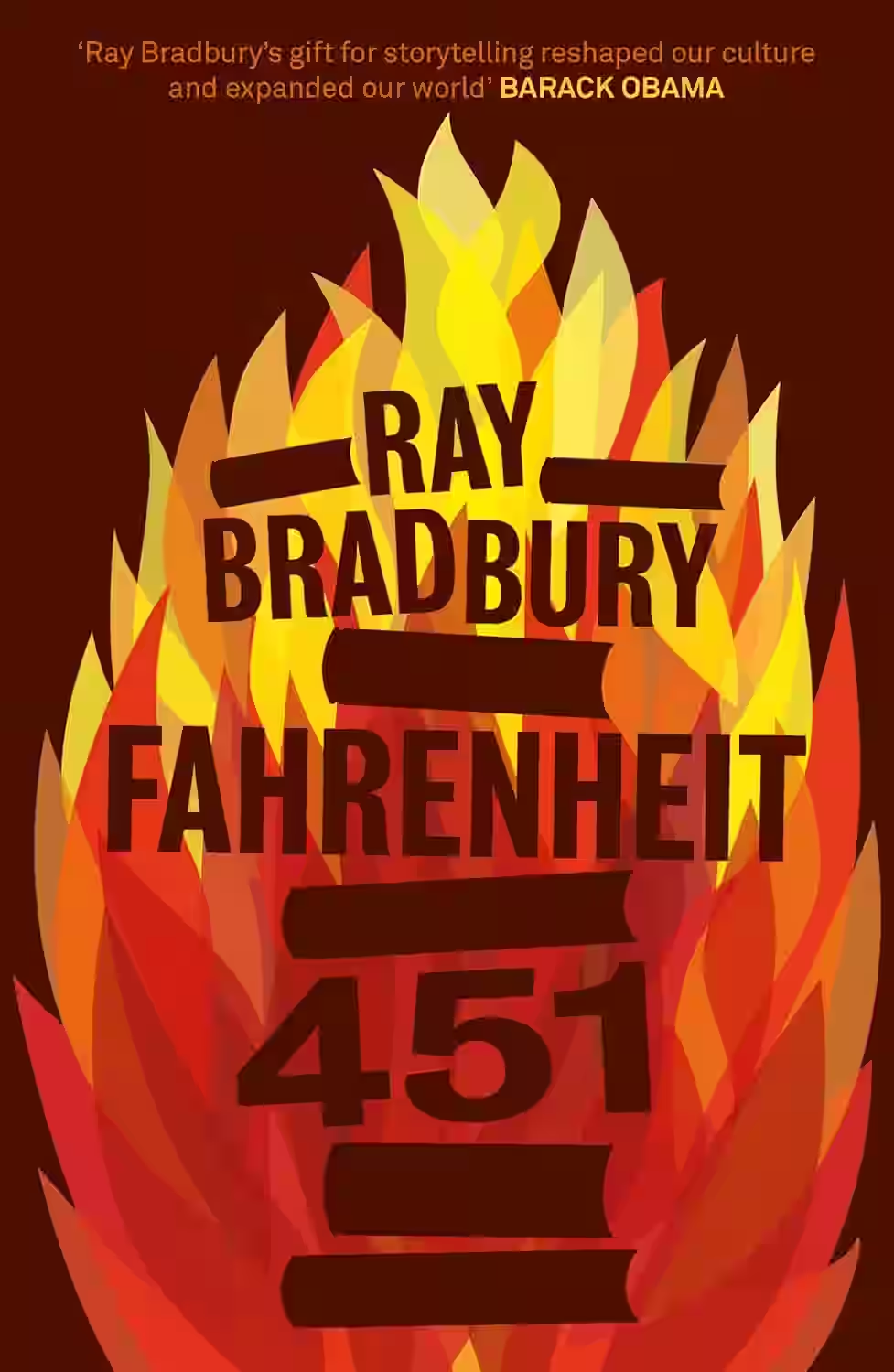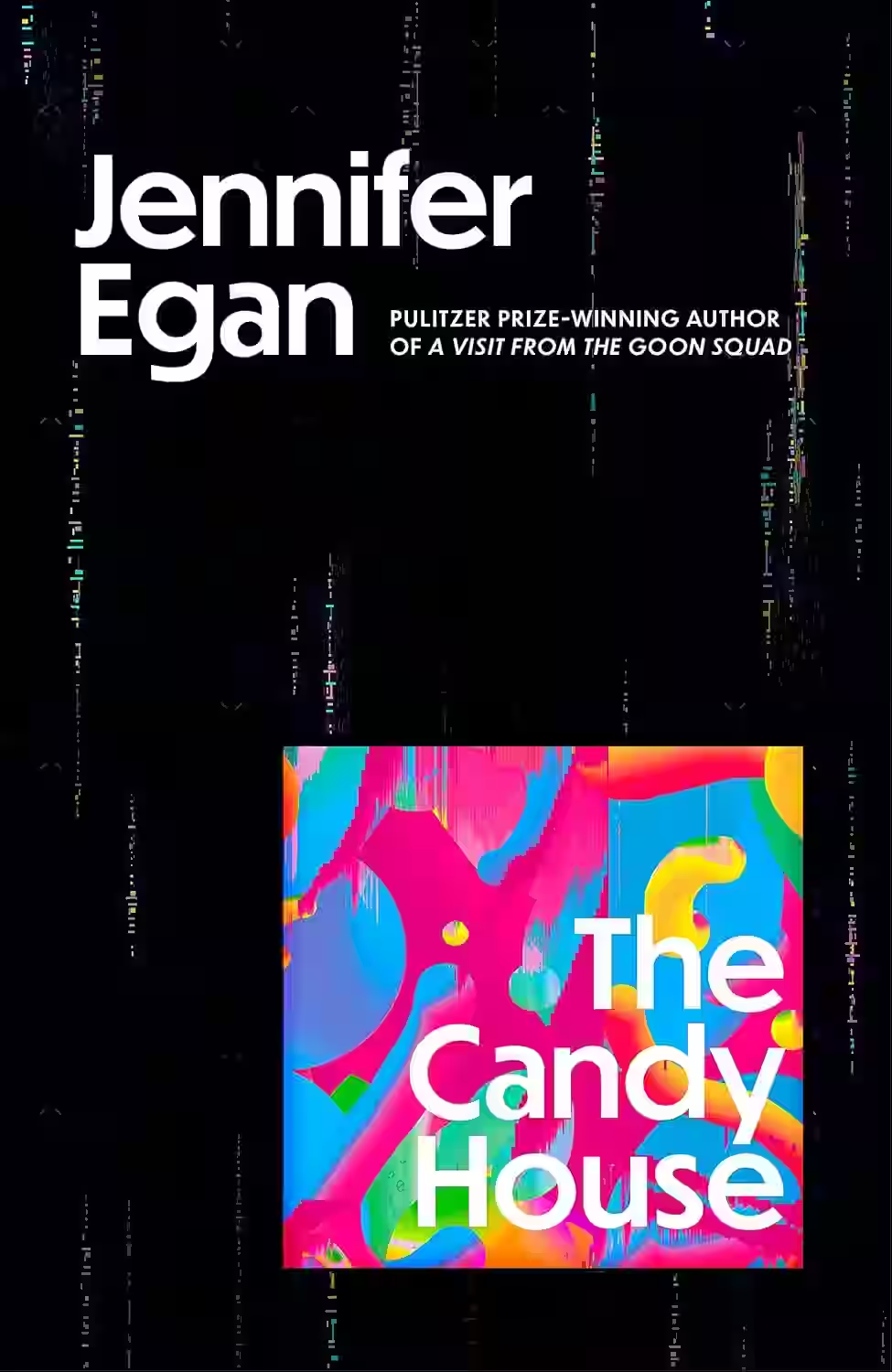
In 'A Short Stay in Hell' by Steven L. Peck, the protagonist Soren Johansson finds himself in a vast library after his death, where he discovers that his version of the afterlife involves an eternity of reading every book ever written in a search for the one that contains the story of his own life. As Soren grapples with the incomprehensible scale of the library and the philosophical implications of his new reality, the book delves into profound themes of existence, free will, and the nature of consciousness. Peck's exploration of the limits of human knowledge and the vastness of the universe will challenge readers' perspectives on life and death.
About Steven L. Peck
Steven L. Peck is an acclaimed American author known for his thought-provoking works that blend elements of science fiction, philosophy, and theology. With a background in biology and entomology, Peck infuses his writing with a deep understanding of the natural world. His notable works include 'A Short Stay in Hell,' a novella that explores profound questions about the afterlife, and 'The Scholar of Moab,' a genre-bending novel that delves into the complexities of Mormon culture. Peck's unique storytelling style and intellectual depth have earned him critical acclaim and a dedicated readership. Through his writing, he challenges readers to ponder existential questions and grapple with the mysteries of the universe.
Similar Books

Klara And The Sun
From her place in the store, Klara, an Artificial Friend with outstanding observational qualities, watches carefully the behaviour of those who come in to browse, and of those who pass in the street outside. She remains hopeful a customer will soon choose her, but when the possibility emerges that her circumstances may change for ever, Klara is warned not to invest too much in the promises of humans.

To the Lighthouse
The serene and maternal Mrs. Ramsay, the tragic yet absurd Mr. Ramsay, and their children and assorted guests are on holiday on the Isle of Skye. From the seemingly trivial postponement of a visit to a nearby lighthouse, Woolf constructs a remarkable, moving examination of the complex tensions and allegiances of family life and the conflict between men and women. As time winds its way through their lives, the Ramsays face, alone and simultaneously, the greatest of human challenges and its greatest triumph—the human capacity for change.

Fahrenheit 451
by Ray Bradbury
Ray Bradbury's "Fahrenheit 451" is a profound dystopian novel that delves into the consequences of a society bereft of critical thinking and free expression. Set in a future where books are banned and 'firemen' burn any that are found, the narrative follows Guy Montag, a fireman who begins to question his role in suppressing knowledge. The novel explores themes of censorship, the dehumanizing effects of technology, and the power of literature to inspire change. Bradbury's incisive commentary on conformity and intellectual repression remains remarkably pertinent, making it a timeless critique of society's foibles and the resilience of the human spirit in the pursuit of truth.

The Candy House
Jennifer Egan's inventive sequel to "A Visit from the Goon Squad" explores the evolution of technology and its impact on human connection through interconnected narratives and experimental structures. It delves into themes of memory, consciousness, and the allure and potential pitfalls of shared digital experiences, showcasing Egan's signature stylistic innovation.